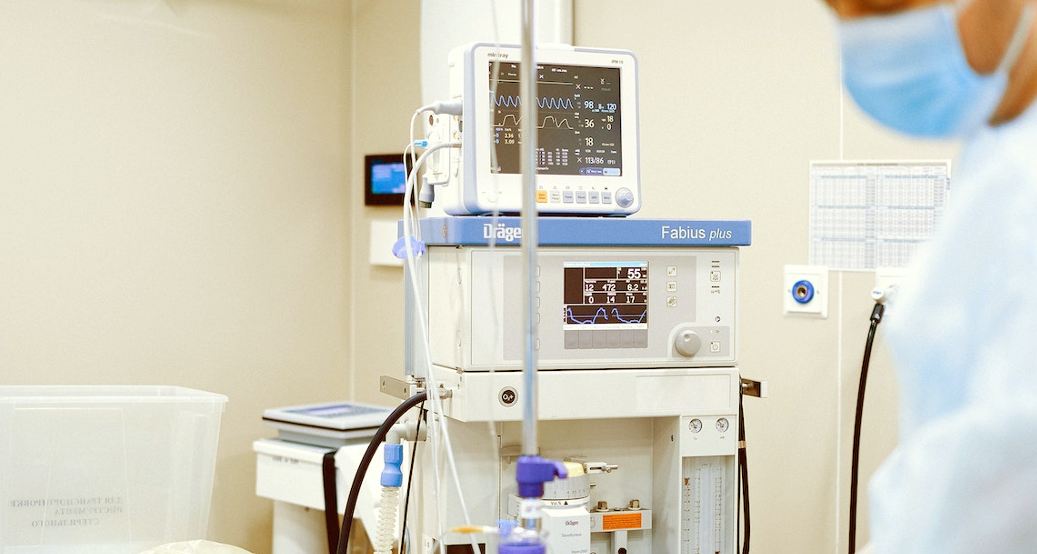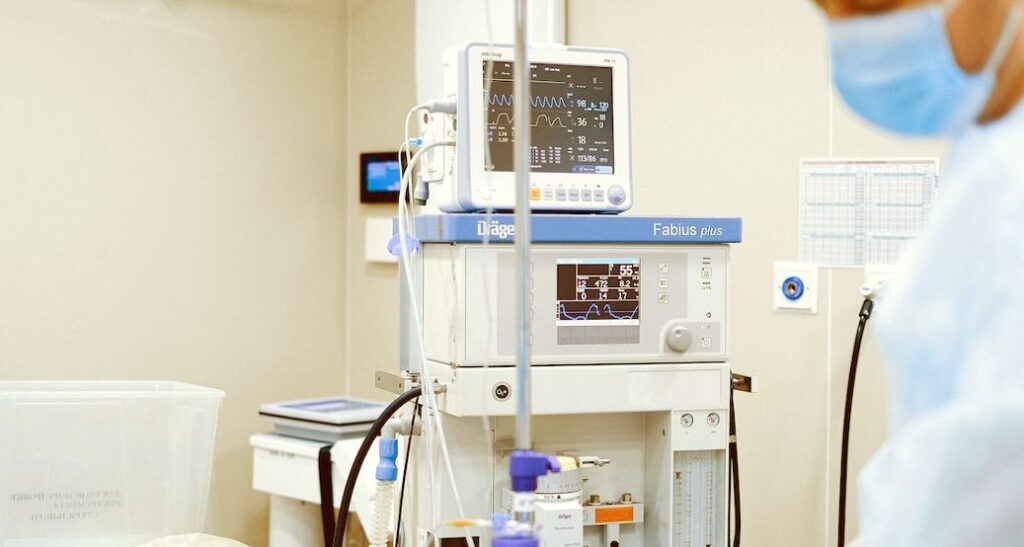Although it is a relatively new concept to many, dual diagnosis is gradually becoming common as multiple disorders may be connected. As such, it is not easy to treat one without the other. Dual diagnosis centers have been established to treat addiction and other underlying mental health issues.
It is, therefore, imperative to look for a reliable dual-diagnosis treatment center to avoid a relapse.
What Is A Dual Diagnosis Treatment Center?
When someone is suffering from both substance abuse and an additional form of mental illness, they seek treatment at a dual-diagnosis treatment center to treat both diagnoses. Essentially, there is usually one treatment before the commencement of the other. However, in the case of psychiatric disorders and drug abuse, the latter must be addressed first.
Furthermore, dual diagnosis takes longer because it can be daunting to pinpoint the root cause of mental health problems. Does mental illness stem from addiction, or was it present before substance abuse? Once a psychiatrist diagnoses a patient, a successfully tailored treatment plan is offered to them, taking much longer than a typical addiction treatment plan.
The procedure usually includes the following:
- Detoxification
This is the first step after the admission of a patient. As part of an inpatient program, the patient is usually monitored and cared for to monitor their progress.
- Therapy
This is the second part of dual treatment. Even though various diagnostic treatment centers have specific methods, the most common approach is cognitive behavioral therapy. Through this type of therapy, a patient can unlearn harmful behavioral patterns.
- Group Therapy
This is common in substance abuse and mental health treatment. Through group therapy, patients can share their struggles with other members who might be dealing with similar issues. Group therapy also aids a patient in discovering novel perspectives, venting their frustrations, celebrating some of their successes, and feeling less alone.
The best part of this process is that it increases oxytocin and serotonin hormones, i.e., the bonding hormone and the feel-good hormone, respectively, while seeking help.
- Medication
Healthcare providers usually treat withdrawal symptoms by offering some form of medication during the detox stage. They also administer other drugs to the patient to treat mental illnesses. Medication is commonly administered to those who do not respond to therapy.
For this reason, a psychiatrist or a doctor prescribes the most appropriate medication based on their experience with the patient. When a patient is admitted to a dual diagnosis treatment center, they will most likely undergo detoxification, work with a counselor for therapy sessions, participate in group therapy sessions/ self-care activities, and recover from addiction or mental illness. Furthermore, family members are allowed to visit to help with recovery.
Find A Dual Diagnosis Treatment Center Near You
If you or your loved one has a mental illness and substance abuse problem, it is only prudent to seek help in a dual diagnosis center near you. Find out about their programs, and remember that you are not alone on your journey to recovery.



